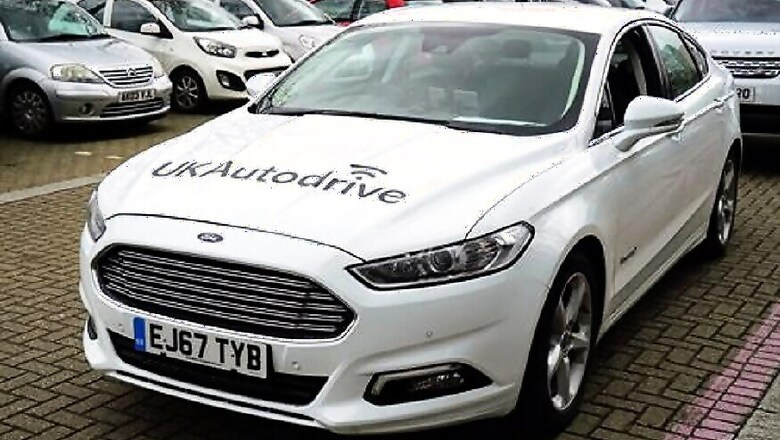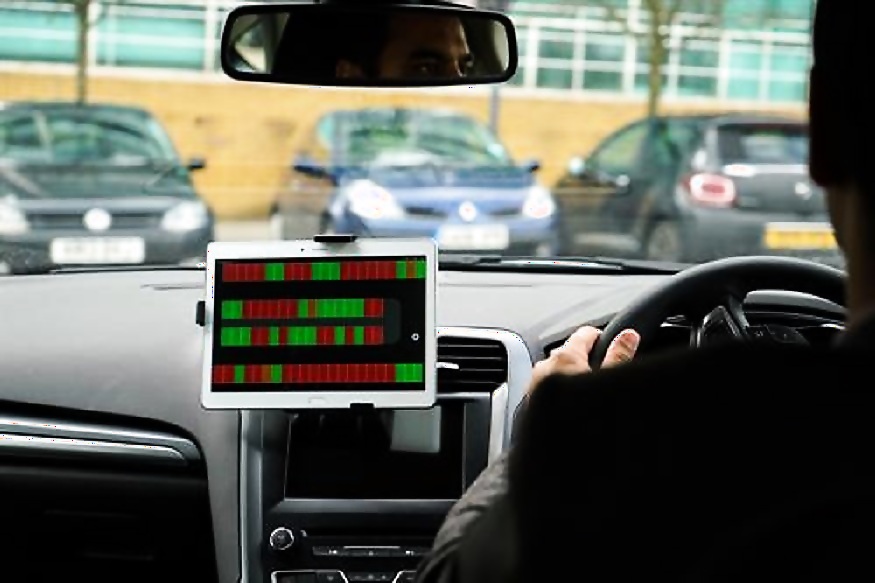
views
According to a study commissioned by Ford, drivers can spend the equivalent of more than a whole day each year searching for a parking space. However, the stress of searching for that elusive empty space in busy car parks could soon be a thing of the past, and that's because of a new "collaborative parking" technology which is currently being tested on the streets and in the car parks of Milton Keynes in the United Kingdom.
Ford is working in conjunction with Jaguar Land Rover and Tata Motors European Technical Centre (TMETC) and others to develop "collaborative parking" and other vehicle‑to‑infrastructure technologies as part of UK Autodrive, which is a £20 million government-sponsored program aimed at taking self-driving and connected-car technologies from test tracks to the real world. As parking spaces in towns and cities across Europe continue to become increasingly difficult to locate, it's hoped technology such as this could help to reduce driver stress as well as congestion.

A demonstration has just been held in Milton Keynes where two parking-related technologies were showcased. The first of them identifies where available parking spaces are in a car park and keeps the driver informed of their availability. So, as the car enters a car park, a continuously updated heat map shows the availability of parking spaces in the facility.
The parking space information is updated in real time by data collected from other connected cars in the same car park, so it shows parking spaces as they fill up and become vacant. Jaguar Land Rover demonstrated an even more advanced technology in a prototype autonomous Range Rover Sport, which goes a big step further by identifying an available parking space and then driving to it and parking in it by itself.
Christian Ress, the supervisor of Automated Driving Europe for Ford Research and Advanced Engineering explained: "We understand how much wasted time and unnecessary stress is caused by searching for parking spaces in towns and cities. With our research into 'collaborative parking', we see an opportunity to hand that time back to drivers, helping them enjoy happier, healthier and more efficient journeys."
Also Watch: 2018 Mercedes-Benz S-Class First Drive Review | Cars18















Comments
0 comment